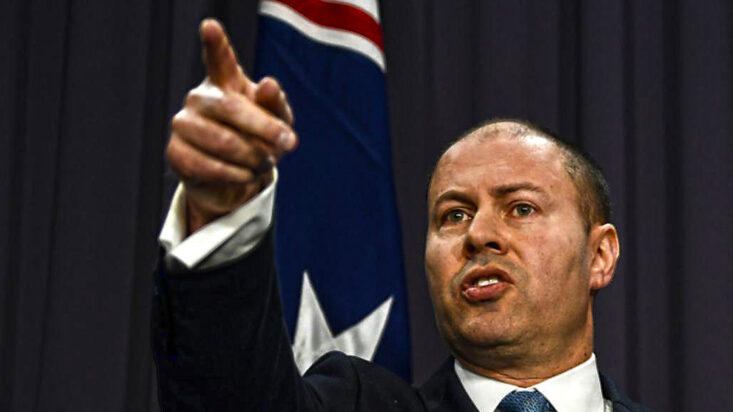Review offers up ammunition for super fight
There were no recommendations in the Retirement Income Review final report, and nor did there need to be. In the highly charged political environment around super, there was sufficient evidence for the Government to do what it wants.
Michael Callaghan, the chair, and his two panelists, Carolyn Kay and Deborah Ralston, deliver more than 600 pages including 27 “key observations” and clusters of observations (see report summary and key observations download PDF).
In their joint statement last Friday, Treasurer Josh Frydenberg, Senators Anne Ruston, the Minister for Families and Social Services, and Jane Hume, the Assistant Minister for Superannuation, said: “Importantly, the Review provides confirmation of the policy direction being pursued by the Morrison Government with respect to the importance of increasing the efficiency of the superannuation system and lifting home ownership rates – both identified as key drivers of an adequate retirement income.”
There is enough in the observations for both sides of the super divide to take some heart. For instance, there is the observation that there could be a host of reforms to help those disadvantaged by the super system.
They include: removing the $450-a-month threshold when the SG is paid; paying the SG on employer paid parental leave and the Government’s Parental Leave Pay; giving greater visibility of superannuation balances in divorce settlements; extending the SG earnings base to include overtime; and ensuring people receive the SG they are entitled to, such as by paying the SG at the same time as wages, and better enforcing sham contracting laws.
But the Review committee members temper this with the comment: “The impact of some of these changes on people’s retirement incomes may be small.”
The official Government response highlighted nine observations. Three appeared to be softening-up market and industry participants for another postponement of an increase in SG to 12 per cent and/or possibly a new initiative to further access to super for home ownership. They were:
- More efficient use of savings in retirement can have a bigger impact on improving retirement income than increasing the Superannuation Guarantee (SG).
- The weight of evidence suggests an increase in the SG rate will result in lower wages growth, impacting standards of living.
- There are a number of ways that individuals can significantly boost their retirement incomes without having to increase their superannuation contributions, including more effectively drawing on superannuation assets, achieving better after-fee returns and accessing equity in their home.
The other key observations highlighted were:
- The Age Pension, compulsory superannuation and voluntary savings results in most Australians achieving adequate retirement outcomes.
- The Age Pension provides a strong safety net to those who retire with small superannuation balances.
- The Age Pension reduces income inequality among retirees, as low-income retirees receive the largest Age Pension payments.
- Superannuation assists middle-income earners to smooth their income over their lives. Without compulsory superannuation, middle-income earners would not save enough for retirement.
- Voluntary contributions provide flexibility for those outside the compulsory system to contribute to superannuation, such as the self-employed and those who have had interrupted working careers.
- The Government’s early release policy, enabling Australians to access up to $20,000 of their superannuation across two years, has cushioned the economic impact of COVID-19.











